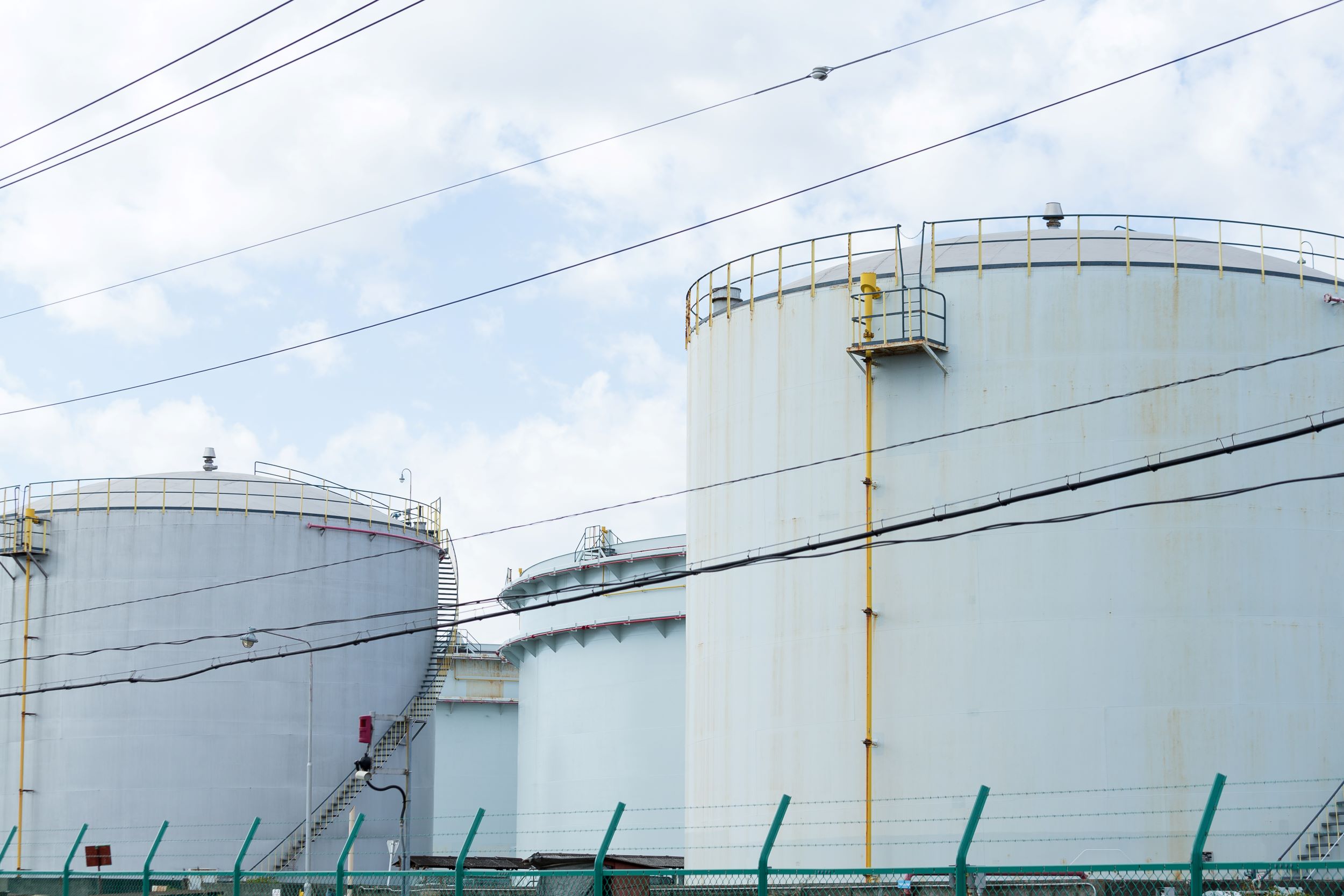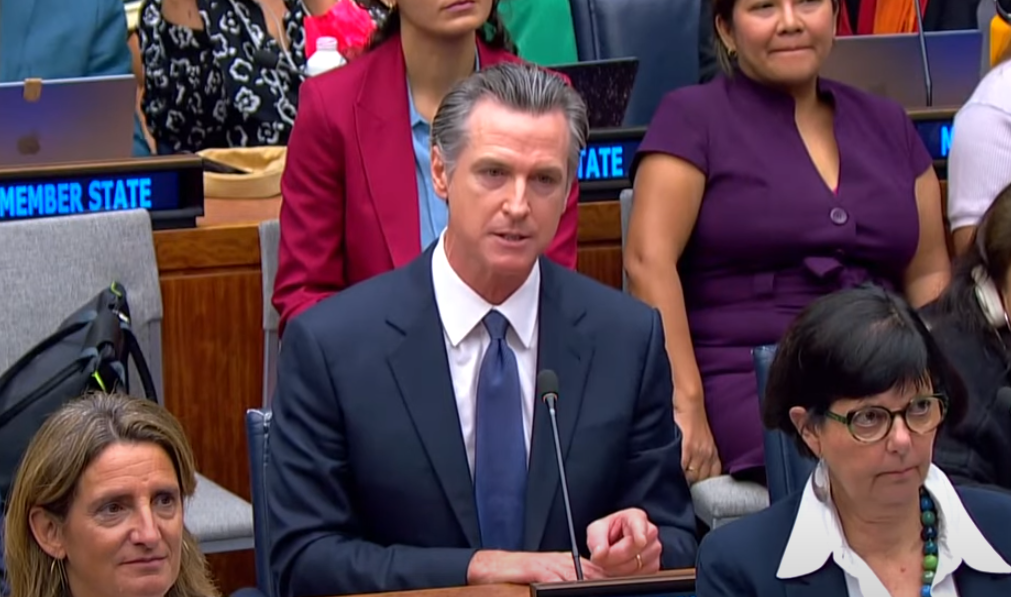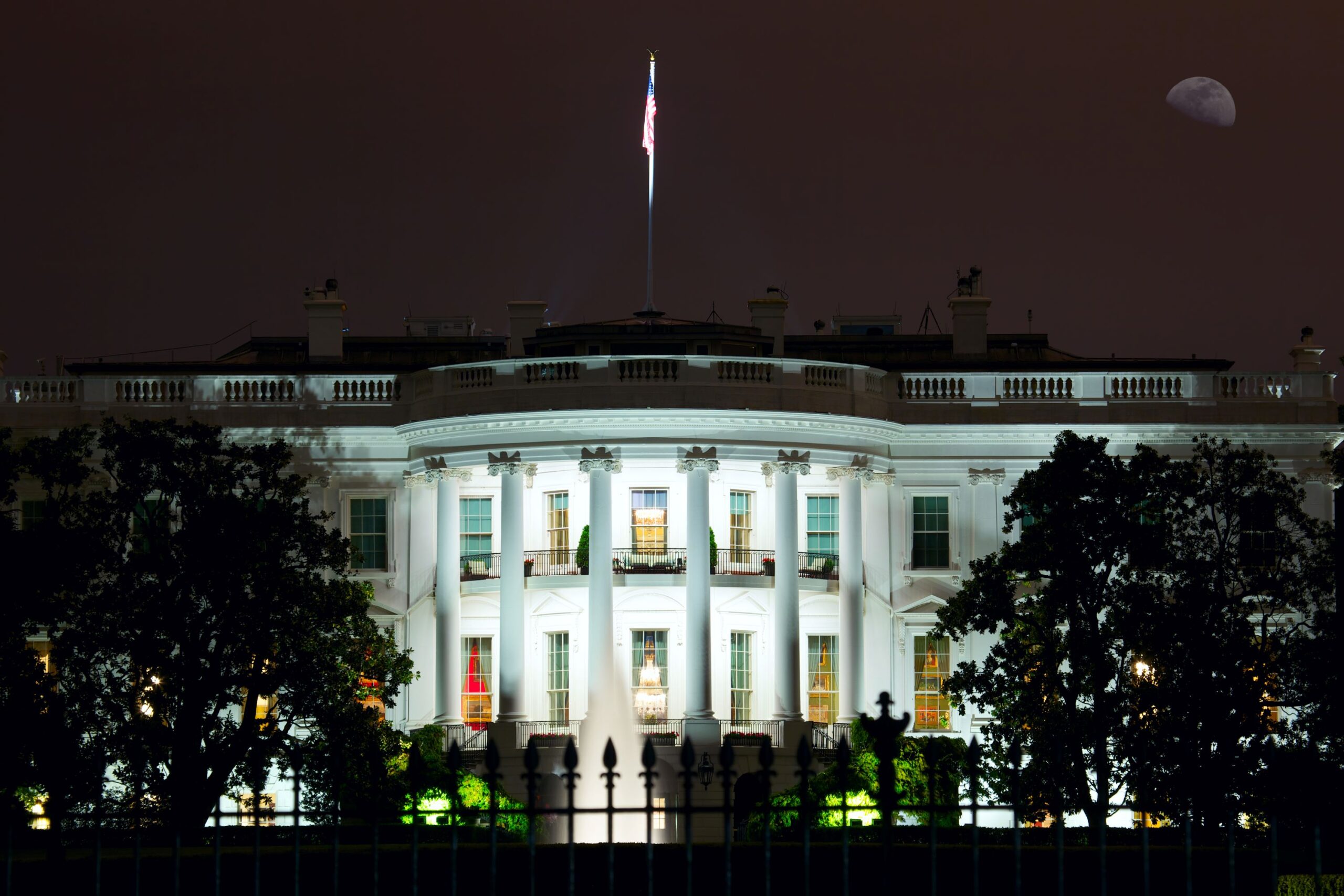In a groundbreaking legal development, the state of California has filed a sweeping climate lawsuit against some of the world’s largest fossil fuel companies and their most influential lobby, the American Petroleum Institute. The suit, filed in San Francisco Superior Court, accuses Exxon Mobil, Shell, BP, ConocoPhillips, Chevron, and the API of deliberately misleading the public about climate change and the perils of fossil fuels. It also demands that these companies contribute to the funding of recovery efforts aimed at mitigating California’s extreme weather events, which have been exacerbated by human-induced climate change.
The State’s Stance
California’s Attorney General, Rob Bonta, expressed the state’s determination to hold these companies accountable for their actions. He stated, “Oil and gas companies have privately known the truth for decades — that the burning of fossil fuels leads to climate change — but have fed us lies and mistruths to further their record-breaking profits at the expense of our environment. Enough is enough.” This lawsuit is not an isolated case; oil and gas companies are already facing numerous legal challenges from various states and localities over their role in causing climate change. However, California’s case stands out as it involves one of the nation’s largest economies and a major oil-producing state.
Richard Wiles, president of the Center for Climate Integrity, praised California’s decision as a “watershed moment” in the battle against major polluters, stating that Californians have been living in a climate emergency caused by the fossil fuel industry.
The Urgency of the Lawsuit
The lawsuit comes after a string of extreme weather events have wreaked havoc on California’s economy and posed a significant threat to its residents. In the past year alone, California has witnessed record heatwaves, devastating wildfires, unseasonable rain and snowfall, and rising sea levels—all disasters that have been linked to climate change. These events have caused significant economic and environmental damage, compelling California to take action against those it believes are responsible.
Interestingly, California filed its lawsuit just days after The Wall Street Journal reported that Exxon had continued to sow doubt about climate change internally, even as it publicly acknowledged the link between fossil fuels and global warming. This revelation, which extends to 2016, coincided with the company’s internal modeling that projected troubling increases in carbon dioxide emissions without substantial reductions in fossil fuel consumption.
The Allegations
In its 135-page complaint, California alleges that oil and gas executives have known since the 1960s that fossil fuels’ greenhouse gas emissions would lead to global warming and climate change. The state further contends that industry-funded reports directly tied fossil fuel consumption to rising temperatures and environmental damage. Despite this knowledge, the companies actively suppressed information from the public and policymakers and invested heavily in promoting doubt and disinformation about climate change.
The state argues that this deception led to a delayed societal response to global warming, resulting in significant costs to people, property, and natural resources. Additionally, the lawsuit claims that oil companies continue to mislead the public today about the science of climate change, highlighting the discrepancy between their investments in fossil fuel production and their limited commitments to clean fuels and renewable energy.
Company Responses
The American Petroleum Institute’s General Counsel, Ryan Meyers, defended the industry, insisting that climate policy should be debated and decided by Congress, not through legal action. Similarly, Shell and Chevron echoed the sentiment that addressing climate change should be a collaborative effort involving all sectors and should not rely on lawsuits.
Exxon, BP, and ConocoPhillips did not immediately respond to NPR’s request for comment.
Why Exxon?
Exxon’s inclusion in this lawsuit is notable, given the company’s history of sowing doubt about climate change despite having accurate climate models dating back to the 1970s. While its own scientists had warned of the consequences of carbon emissions from fossil fuels, Exxon led a decades-long campaign to cast doubt on climate science. This lawsuit underscores the disconnect between what the company knew internally and what it communicated to the public.
Conclusion
California’s climate lawsuit against major fossil fuel companies represents a significant step in holding polluters accountable for their role in driving climate change. As the state grapples with the devastating impacts of extreme weather events, it seeks to force these companies to contribute to the recovery efforts. The outcome of this lawsuit could set a precedent for future legal actions aimed at addressing climate change on a global scale, as it raises critical questions about the responsibility of major fossil fuel players in mitigating the environmental crisis.




